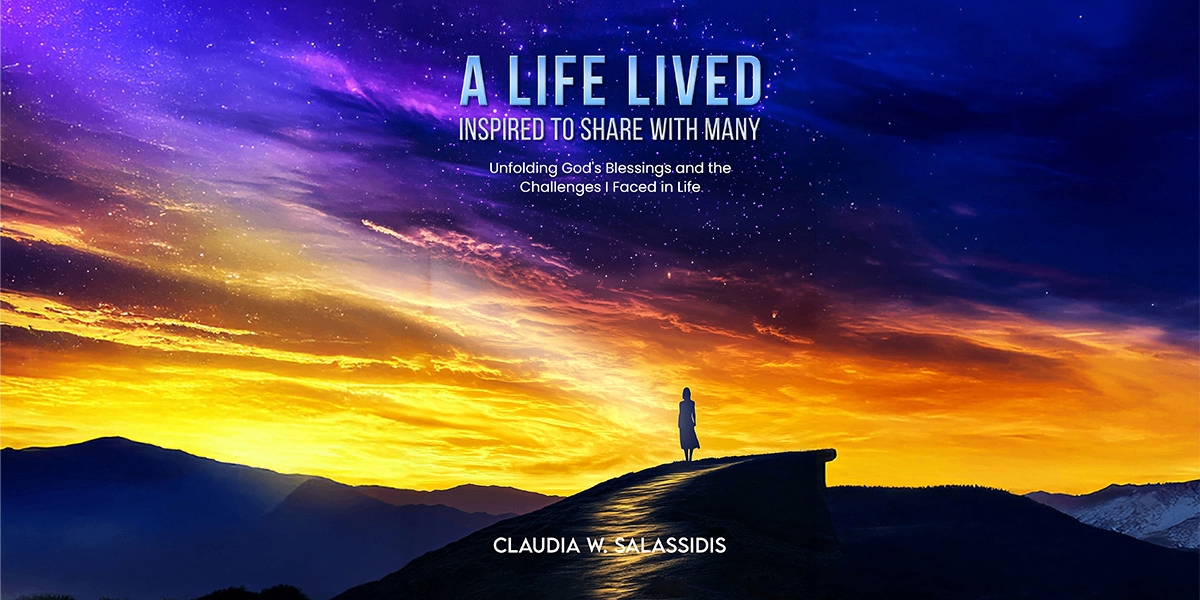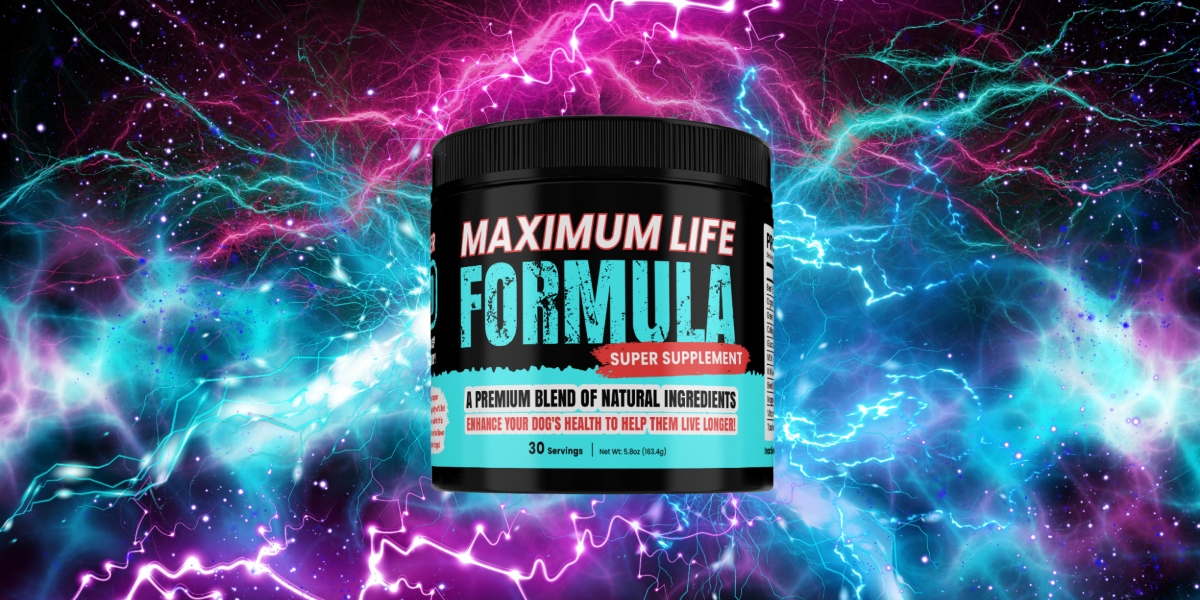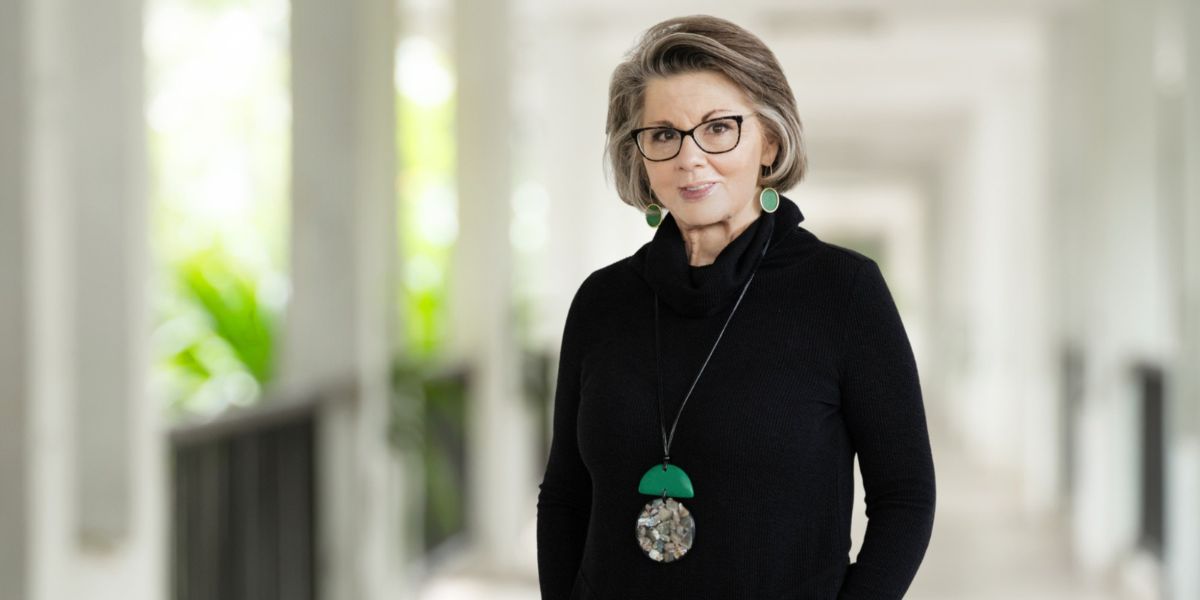Image commercially licensed from Unsplash
For all its joys and triumphs, veterinary care is also laced with profound moments of heartache. These inevitable instances often lead to the hushed discussion of euthanasia, a necessary yet emotionally laden aspect of a veterinarian’s duty.
As a seasoned veterinarian known for his empathetic and compassionate approach to animal care, Dr. Timothy Mann sent off his fair share of pets on their last journey. However, the perspective his profession gave him might be surprising to some.
“I’ve never really thought of it as a loss,” Dr. Mann says. “I think of it as a gift we give both the owner and the pet.”
Euthanasia, derived from the Greek words “eu,” meaning good, and “thanatos,” meaning death, is a significant aspect of a veterinarian’s job. Often referred to as a “good death” or “mercy killing,” it involves administering a lethal dose of an anesthetic drug, usually a barbiturate, leading to a painless death within seconds to minutes.
This difficult decision for pet owners is made in consultation with the veterinarian based on the animal’s quality of life, pain level, prognosis, and the availability and effectiveness of potential treatments. Despite its necessity, euthanasia has profound emotional impacts on everyone involved, contributing to high levels of stress and burnout in the profession.
Navigating these complex emotions, Dr. Mann has crafted a perception of euthanasia that transcends its medical functionality, aiming to unveil its inherent beauty and compassion. He views his role as a veterinarian to extend beyond alleviating physical pain to guiding and comforting pet owners through this challenging journey.
“Many people think euthanasia is the worst thing you could do, where I think it’s one of the most satisfying parts of my job,” Dr. Mann explains. “I think more people regret not doing it or doing it too late and being selfish than actually doing the euthanasia process with their pet.”
Dr. Mann’s approach treats euthanasia as a ‘dignified exit’ for pets, ensuring a peaceful and anxiety-free procedure. It’s almost like a ‘gift’ we offer our pets when their quality of life has diminished, emphasizing its compassionate nature as a merciful release from suffering.
For Dr. Mann, the beauty of euthanasia lies in its essence of compassion and love. This perspective allows him to gracefully navigate the emotionally intricate facet of veterinary care and instill a sense of acceptance in the pet owners he supports.
“I think that easing pain and allowing the animal this dignity and allowing them to be surrounded by love as they drift off to sleep is a satisfying and beautiful experience,” he says.
Euthanasia has a darker side, too. Debates rage about euthanizing healthy animals for population control, with naysayers advocating for no-kill policies and increased efforts toward adoption, spaying, and neutering to control animal populations. Economic euthanasia, where owners decide to euthanize pets rather than treat them because of the high treatment costs, is another issue that needs more attention.
But even for the owners who decide to go through it ethically and morally sound, the emotional toll is understandably significant. For their part, veterinarians like Dr. Mann can encourage pet owners and veterinary staff to seek professional support during this difficult time. Many resources are available to help manage grief, including pet loss hotlines, support groups, and counseling services.
Dr. Timothy Mann’s interpretation of euthanasia emphasizes its inherent dignity and compassion. His approach is a potent reminder of the lasting bond between humans and pets, grounded in care, respect, and mutual love. By demystifying euthanasia, we step towards better pet care, greater empathy, and a more compassionate world – a vision at the heart of Dr. Mann’s practice.










